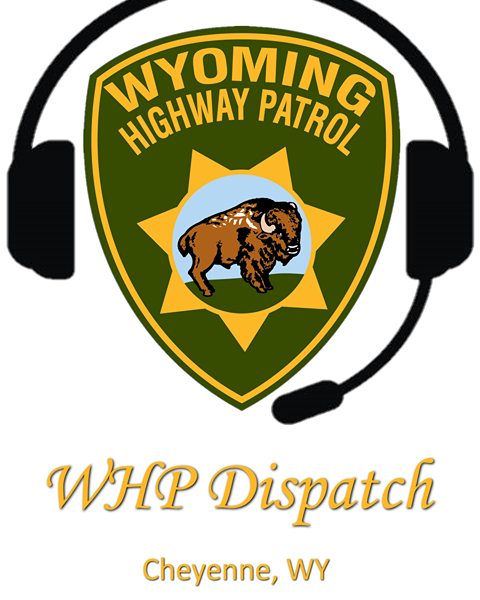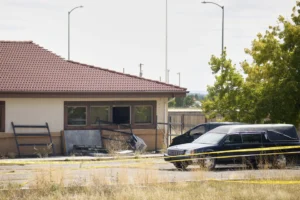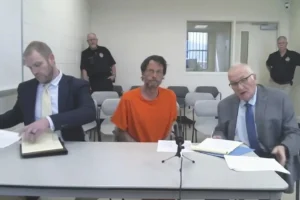Service of Emergency Dispatchers Recognized
24 hours a day, 365 days a year, safety dispatchers keep first responders and the public safe
- Published In: Criminal Justice
- Last Updated: Apr 15, 2023

The Cheyenne-based Wyoming Highway Patrol Dispatch center operates 24 hours a day, 365 days a year despite facing a 50% vacancy rate in the department. (Courtesy photo from the Wyoming Highway Patrol)
By Melissa Thomasma
Special to the Wyoming Truth
Any time of day or night, any day of the year, help is always just a phone call away for those driving on Wyoming’s 6,800 miles of highway. Around the clock, dispatchers for the Wyoming Highway Patrol are standing by, prepared to facilitate a swift response to vehicle collisions, medical emergencies and more. It is this critical communication link that ensures emergency resources arrive at the right spot when they’re needed.

National Public Safety Telecommunicators Week, which runs through Saturday, honors the work of dispatchers at emergency services agencies across the country. There are approximately 350 dispatchers working throughout Wyoming, according to 911-operator.org.
Shannon Brown, the Wyoming Highway Patrol Communications Supervisor, said an average shift in the dispatch center is 10 to 12 hours, but can stretch up to 16 on any given day.
Ultimately, said Brown, a team always has the center staffed — without exception: “We are a 24-hour agency that is open 365 days a year, seven days a week, working holidays and weekends.”
Sergeant Jeremy Beck, public relations and recruitment officer for the Wyoming Highway Patrol called dispatchers a “vital link for our law enforcement officers, EMS and fire by monitoring their radio activities and providing guidance, assistance and information to ensure their safety.”
He added, “They positively contribute to the successful outcome of many critical situations.”
Dispatchers receive extensive training, starting with four to six weeks in the classroom and another 12 to 16 weeks of on-the-job training for phones and radios in the center. It’s this preparation, Brown said, that empowers dispatchers to remain calm even in the toughest situations, which helps to avert further injuries or death.
“The reason we have such extensive training is to better prepare employees for the types of calls they will be receiving and dispatching,” Brown said, who has worked in emergency communications for the highway patrol since 2004. “I have often said that most of us could do this job in our sleep, because most of the time it is the mundane tasks that we can just skate through. But every now and then, we get one of those harder calls that leave an impression.”
Of the many incidents she has worked over the years, Brown said, the ones that “stick out the most are usually the bad ones. One of my first critical incidents was with a trooper that had been hit head-on in a crash, and even though I dealt with this mentally, those feelings don’t really go away.”
Not all of the memorable calls are so tough. “Another person sent in kudos because one of our troopers and myself worked to get them help when they were stranded with two flat tires on a motor home,” she said.
For Brown, helping the public, fellow employees and other emergency service agencies is the highlight of the job.
Less rewarding? Brown said it’s tough when people complain about things that dispatch can’t control, like weather conditions or road closures. Plus, dispatchers often work long hours, missing holidays, family events and other activities so the center can be adequately staffed.
Brown hopes people understand that while their resources are stretched thin, dispatchers still strive for excellence. Fully staffed, her department would include 40 people, but it currently has 20.
“Most agencies are doing more with less right now,” she added. “Law enforcement dispatch centers across the country are struggling with being at critically low staffing levels — ourselves included — and we are all just trying to do our best job with the few resources we have available.”













